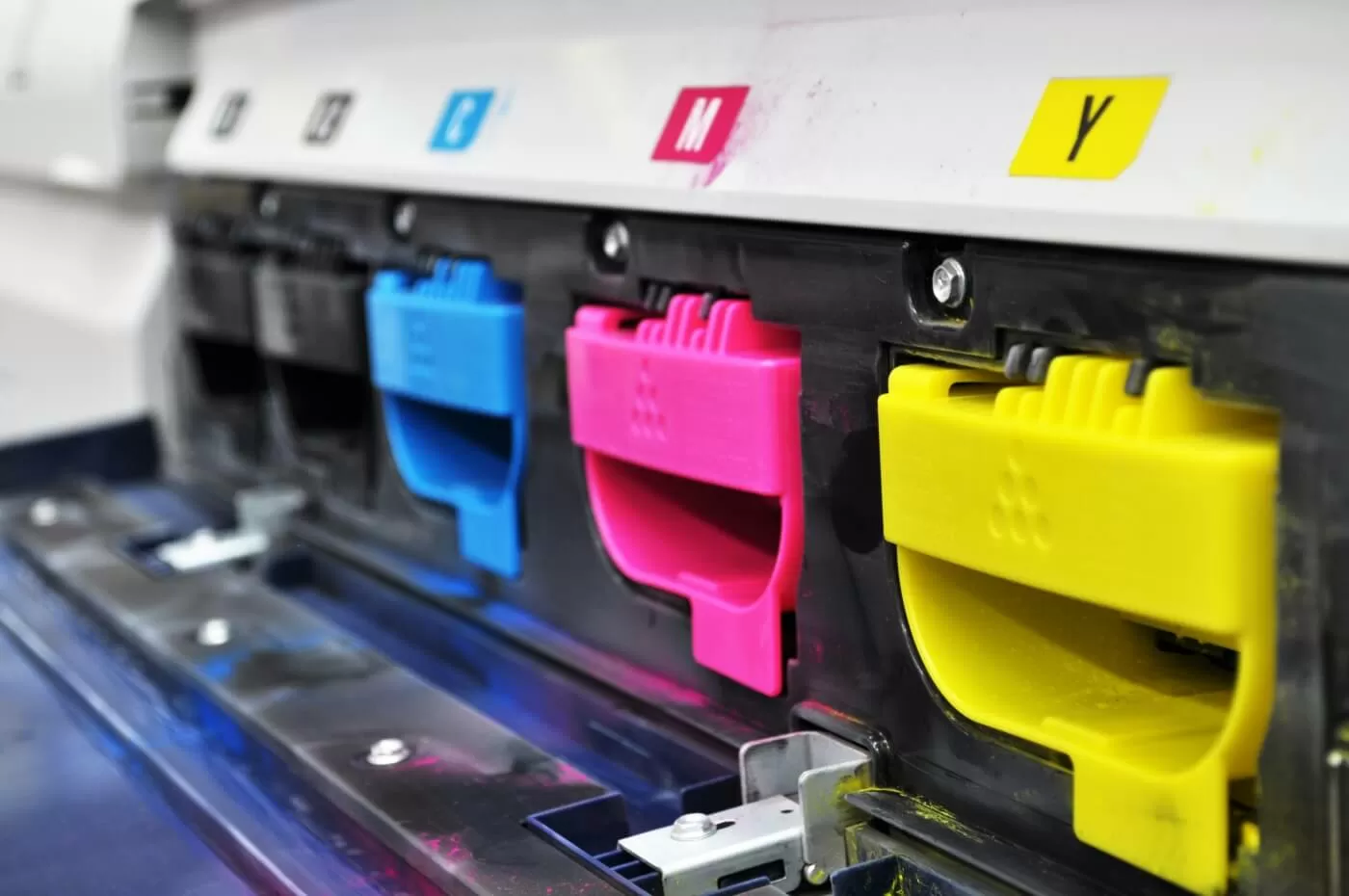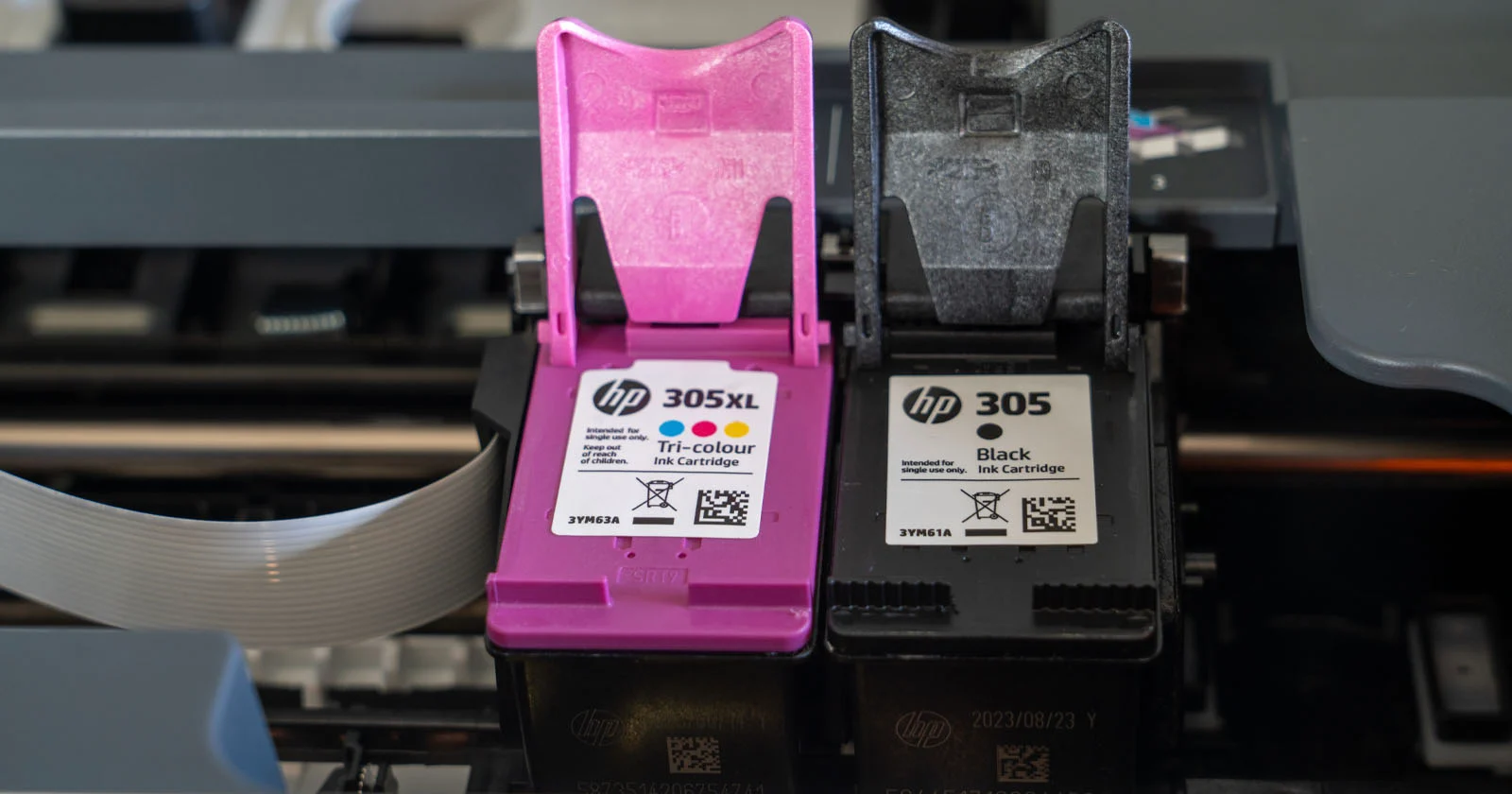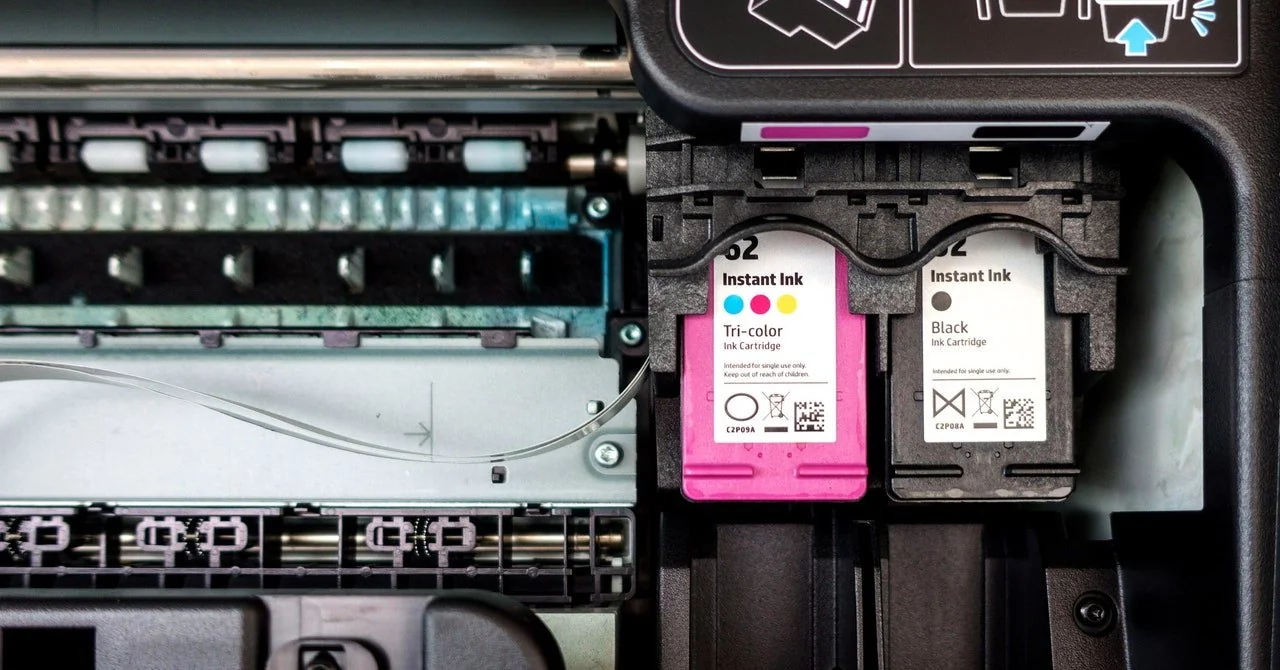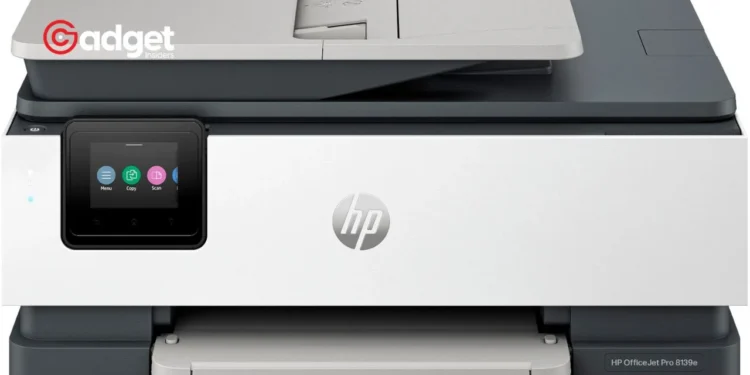In what could be described as a classic David versus Goliath scenario, printer owners are taking on Hewlett-Packard (HP) in a legal tussle that centers around cartridge compatibility and consumer rights. This week, a class action lawsuit gained momentum as attorneys representing disgruntled printer owners made a robust rebuttal in an Illinois court.
The lawsuit, which has been brewing since January, challenges the Printer manufacturing giant’s recent firmware updates that allegedly restrict the use of non-HP ink cartridges.
Plaintiffs argue that there was never an explicit agreement obliging them to use HP-branded ink exclusively.
According to their claims, the contentious firmware update issued between late 2022 and early 2023 renders printers inoperative when third-party cartridges are installed. These updates, they argue, not only infringe upon consumer choice but also violate several anti-competitive statutes.

HP’s Defense: Security or Monopoly?
In defense, HP maintains that its printers are designed to operate only with cartridges that contain a security chip. The company describes its firmware updates as “dynamic security” actions intended to safeguard against the use of cloned or counterfeit cartridges. However, this has not swayed the affected parties.
HP sought to take advantage of customers’ sunk costs,
the plaintiffs’ filing stated, asserting that the tech giant has not been transparent in its intentions.
The core of the dispute lies in what HP claims are measures to protect the integrity of its products, whereas the plaintiffs see it as an unfair monopolistic practice.
The brand contends that these security measures are well-documented and that alternatives using recycled HP chips are readily available, thus not entirely restricting consumer choice.

Economic Implications and Consumer Backlash
The implications of this firmware update are significant, not just for the affected consumers but for the market at large. Plaintiffs are seeking damages for the cost of third-party cartridges that have become unusable due to the update.
They are also pushing for an injunction against HP’s restrictive firmware, which could set a precedent in the printer industry.
Moreover, the controversy shines a light on the broader issue of product aftercare and the right of repair, which has become a hot topic in technology circles. The right to choose cheaper alternatives without facing hardware restrictions speaks to a growing demand for more consumer-friendly practices in the tech industry.
We never agreed to only buy HP ink, say printer owners https://t.co/ohEodTCw3X
— The Register (@TheRegister) April 11, 2024
A Market in Need of Change?
As the lawsuit proceeds, the outcome could prompt significant changes in how tech companies handle after-sales product control and consumer rights.
HP CEO Enrique Lores has expressed hopes of pulling customers into a print subscription model, suggesting a strategic pivot in HP’s business approach amid these controversies.

This legal battle over printer firmware and cartridge compatibility underscores a larger debate about consumer rights, corporate control, and market fairness. It’s a case that could influence not just the future of printer sales but also the broader dynamics between technology providers and their customers.
As this case unfolds, it will undoubtedly attract the attention of consumer rights advocates, legal experts, and technology users worldwide, all of whom are keenly watching to see how deep the ink will spill in this corporate clash.










